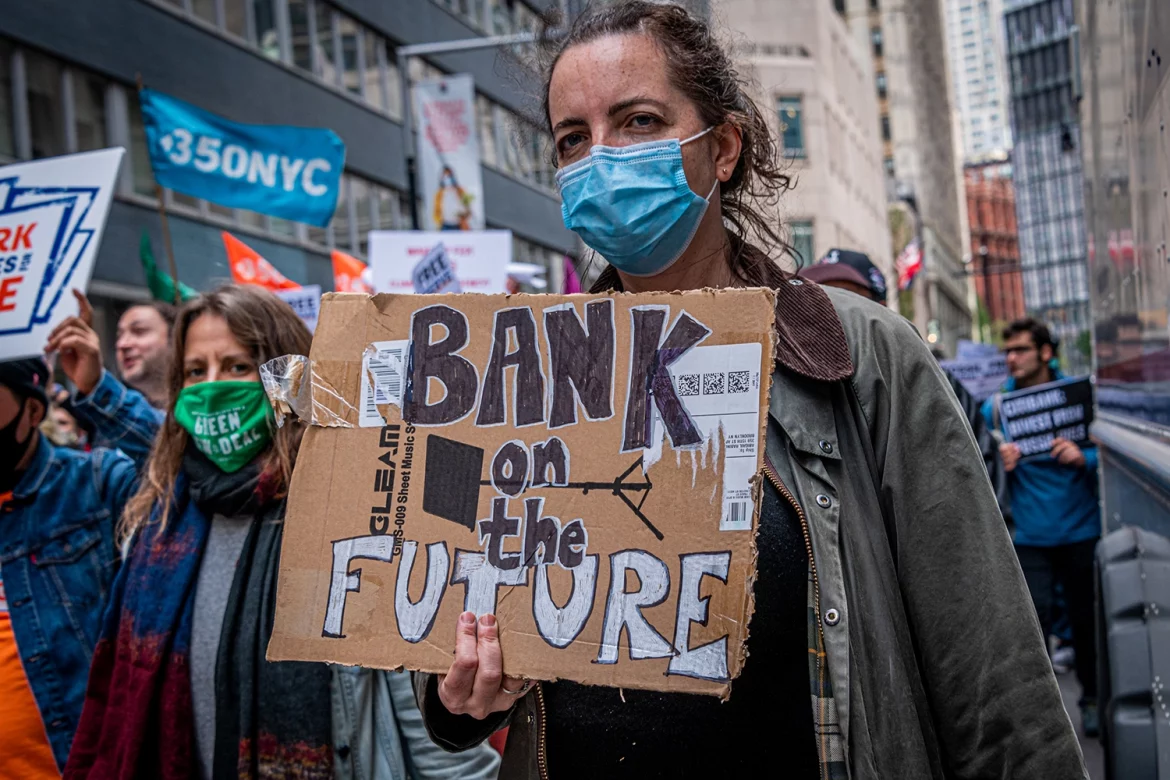A Greenpeace UK report says the climate and ecological crises are a legacy of systemic racism and that people of colour suffer disproportionately from their harm.
Produced in collaboration with race equality think tank, the Runnymede Trust, the report traces the roots of the environmental emergency to colonialism, slavery and the plunder of resources from the global south. This is even as Greenpeace says it is making environmental justice a central pillar of its work.
The report says it is people of colour who, despite having contributed the least to the climate emergency, are now “disproportionately losing their lives and livelihoods” by the millions because of it globally.
According to the report, “the environmental emergency is the legacy of colonialism” because colonialism had “established a model through which the air and lands of the global south have been … used as places to dump waste the global north does not want”.
Read also: Research: Water resources will become less predictable with climate change
It further adds that similar inequalities are visible in the UK, where almost half of all the waste-burning incinerators are in areas with high populations of people of colour.
The report showed that In London for instance, black people are more likely to breathe illegal levels of air pollution, and black people in England are nearly four times as likely as white people to have no access to outdoor space at home, it says.
YouGov polling alongside the report showed widespread ignorance of the racial divide in environmental impacts of those polled, 35% believed that people of colour were no more likely than others to live close to a waste incinerator.
It found that 55% believed there was no difference in exposure to air pollution between white people and people of colour in London, and 47% believed there were no significant differences between ethnic groups in access to green outdoor spaces.
The report’s publication makes Greenpeace UK the latest big campaign group to link racial justice to the environmental agenda.
Story was adapted from the Guardian.
